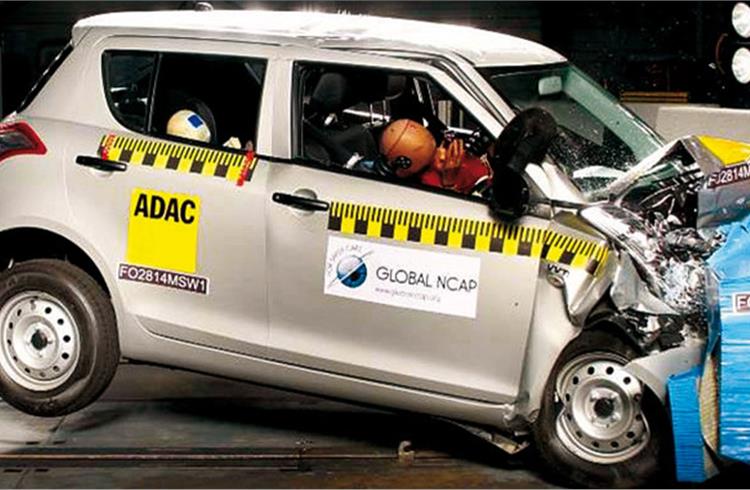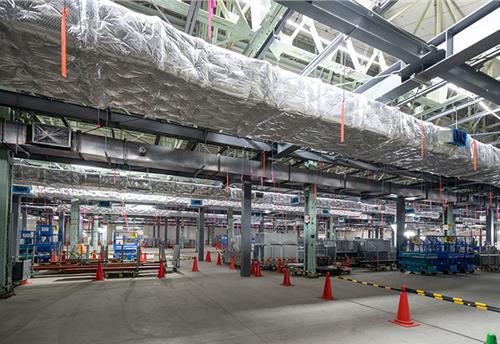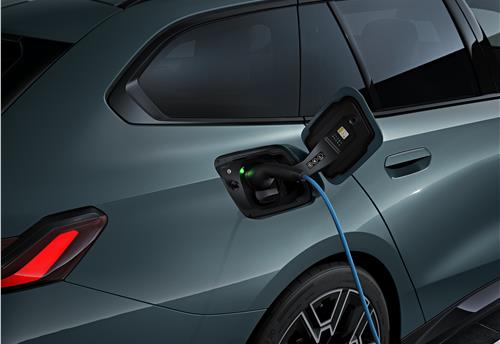Global NCAP looks to eradicate zero-star-rated cars by 2020
Crash safety organisation World NCAP is pledging to eradicate cars that score zero stars by 2020.
An estimated 20% of cars sold each year fail to meet the minimum United Nations-recommended crash standards. So says Global NCAP secretary general David Ward, who has pledged that his organisation will eradicate zero-star-rated cars by 2020.
Speaking exclusively to Autocar UK, Ward said: “The current arguments being made by car makers as to why they won’t meet minimum standards are absurd, and the regulators and consumers aren’t going to stand for it much longer.”
UN regulation 924 sets out minimum standards for a 35mph/56kph crash, which Ward sums up as requiring “a basic crash structure and a single airbag”. In recent years, NCAP has heavily criticised cars – including those built by Datsun, Ford, Hyundai and Tata – for failing to provide sufficient protection.
“The argument put forward by some car makers is that they have to build cheap cars to attract buyers away from motorbikes, but there is no actual evidence to support that assertion,” said Ward. “Car buyers deserve a basic standard of safety, and the cost of providing it is tiny - be it through better engineering of global platforms or investing as little as $50/Rs 3,158 in an airbag. The arguments against doing this are just absurd.”
Ward pointed to tightening regulation in emerging markets such as Brazil and India as being key in his organisation’s pledge to eradicate all zero-star cars from sale by 2020. He also warned that consumers are turning on manufacturers that don’t take action to meet the standards ahead of time.
“Consumers have a growing understanding of what is required, and car makers that don’t offer the bare minimum will be left at a commercial disadvantage,” said Ward.
Ward’s comments come in the wake of controversy after General Motors boss Mary Barra defended her company’s decision not to fit airbags to some cars the firm was selling in Latin America.
Barra said: “There are many cases where we are well above standards, but we also have to look at affordability, otherwise you cut people out of even having the availability of transportation.”
Comment - who wants ultra-cheap cars?
The race to build the world’s cheapest car was once headline-grabbing stuff, with the Western world agog at what was possible for just a few thousand dollars.
As cars like the Tata Nano, Datsun Go, Suzuki-Maruti Alto 800 and Chevrolet Aveo were born, a revolution in personal mobility was predicted. To date, however, that hasn’t materialised, with budget car sales universally failing to meet expectations.
As global wealth rises, the car-buying population is also expected to grow, but it is clear from the budget cars launched so far that fewer people aspire to them than once thought
Commentators suggest that marketeers have overlooked a serious flaw in their plan: even budget car buyers, it seems, have upward aspirations, and driving around and being seen in a basic car labelled among the world’s cheapest does not meet them.
RELATED ARTICLES
Nissan shows in-construction all-solid-state battery pilot line in Japan
Under the Nissan Ambition 2030 long-term vision, Nissan aims to launch EVs equipped with the batteries by fiscal year 20...
BMW Group sells 82,700 BEVs in Q1 2024, sees growth across all key markets
The company has delivered a total of 82,700 fully-electric BMW, Mini and Rolls-Royce vehicles to customers worldwide, up...
Lanxess and IBU-tec to develop iron oxides for LFP EV batteries
Collaboration aims to improve performance of LFP cathode material; reduced carbon footprint of batteries through use of ...





 26 Feb 2016
26 Feb 2016
 3286 Views
3286 Views





 Autocar Pro News Desk
Autocar Pro News Desk




